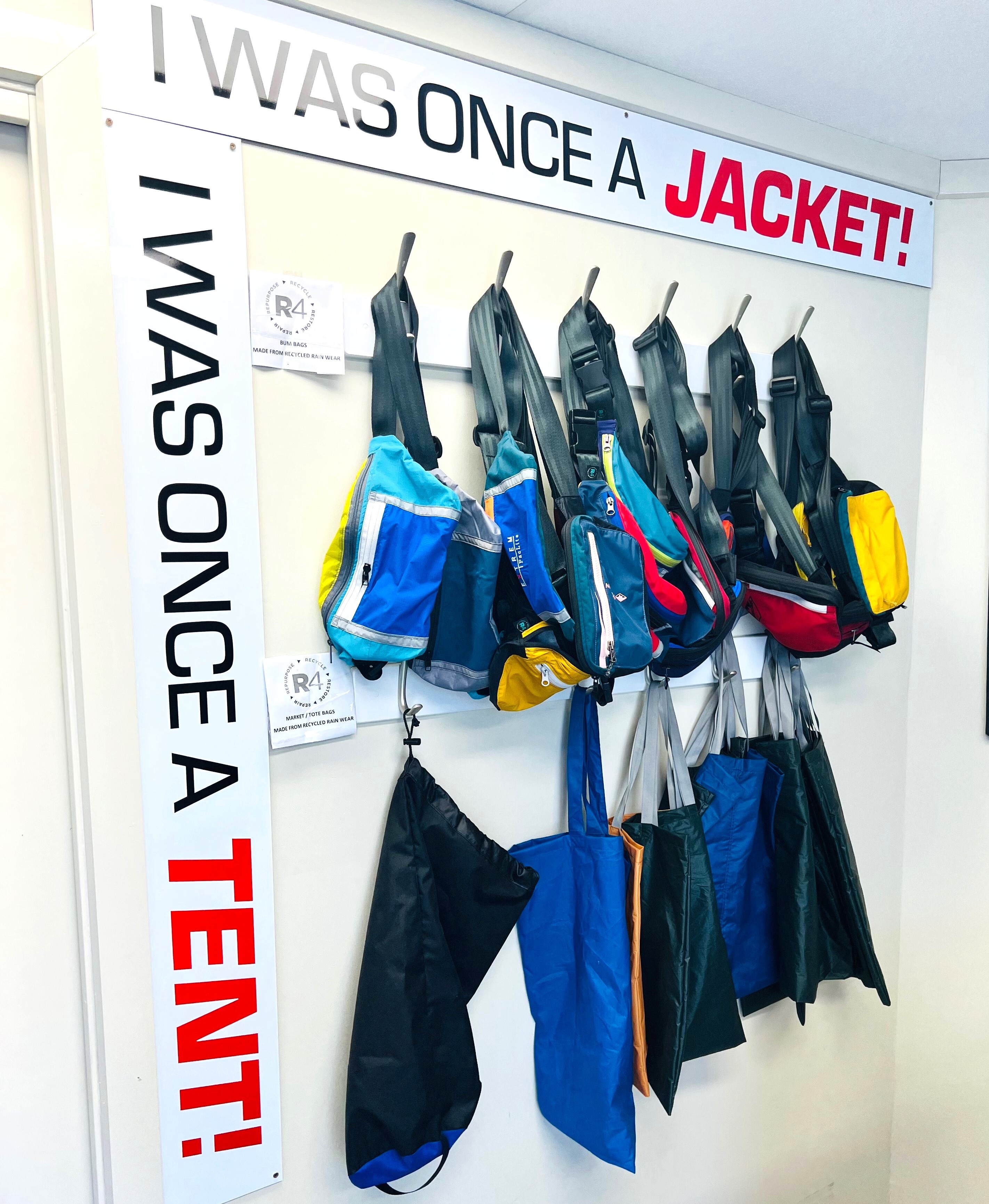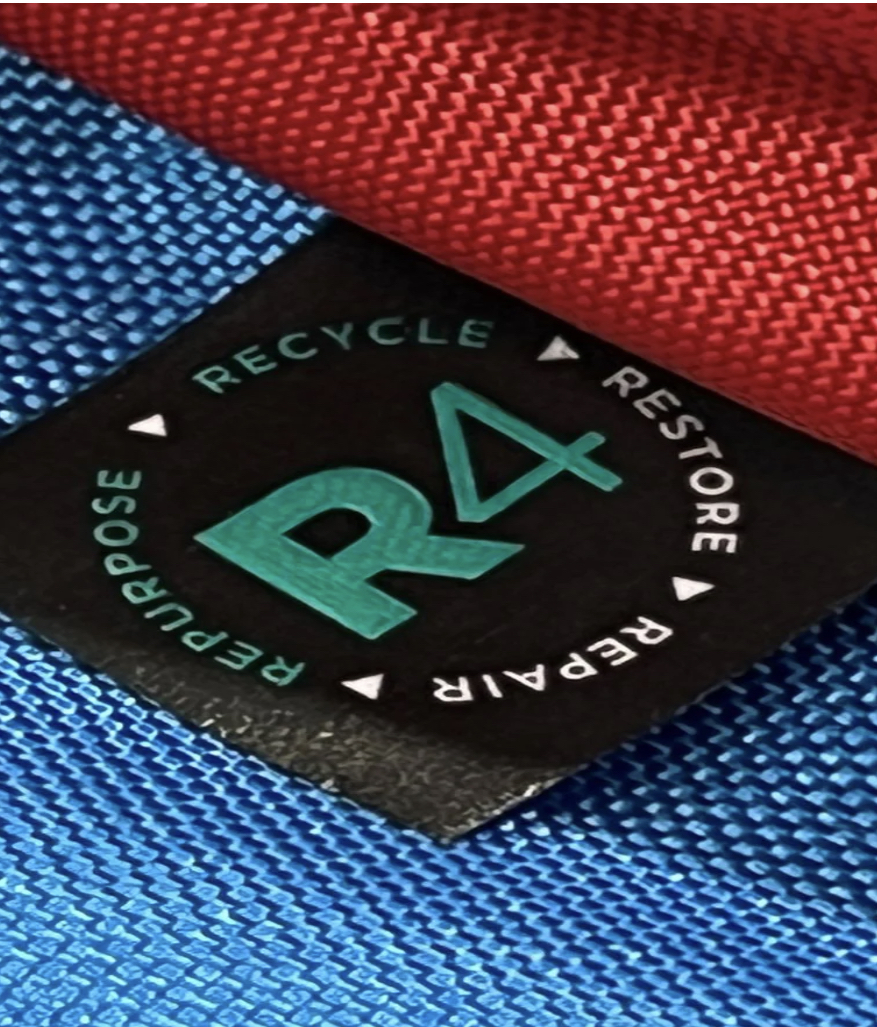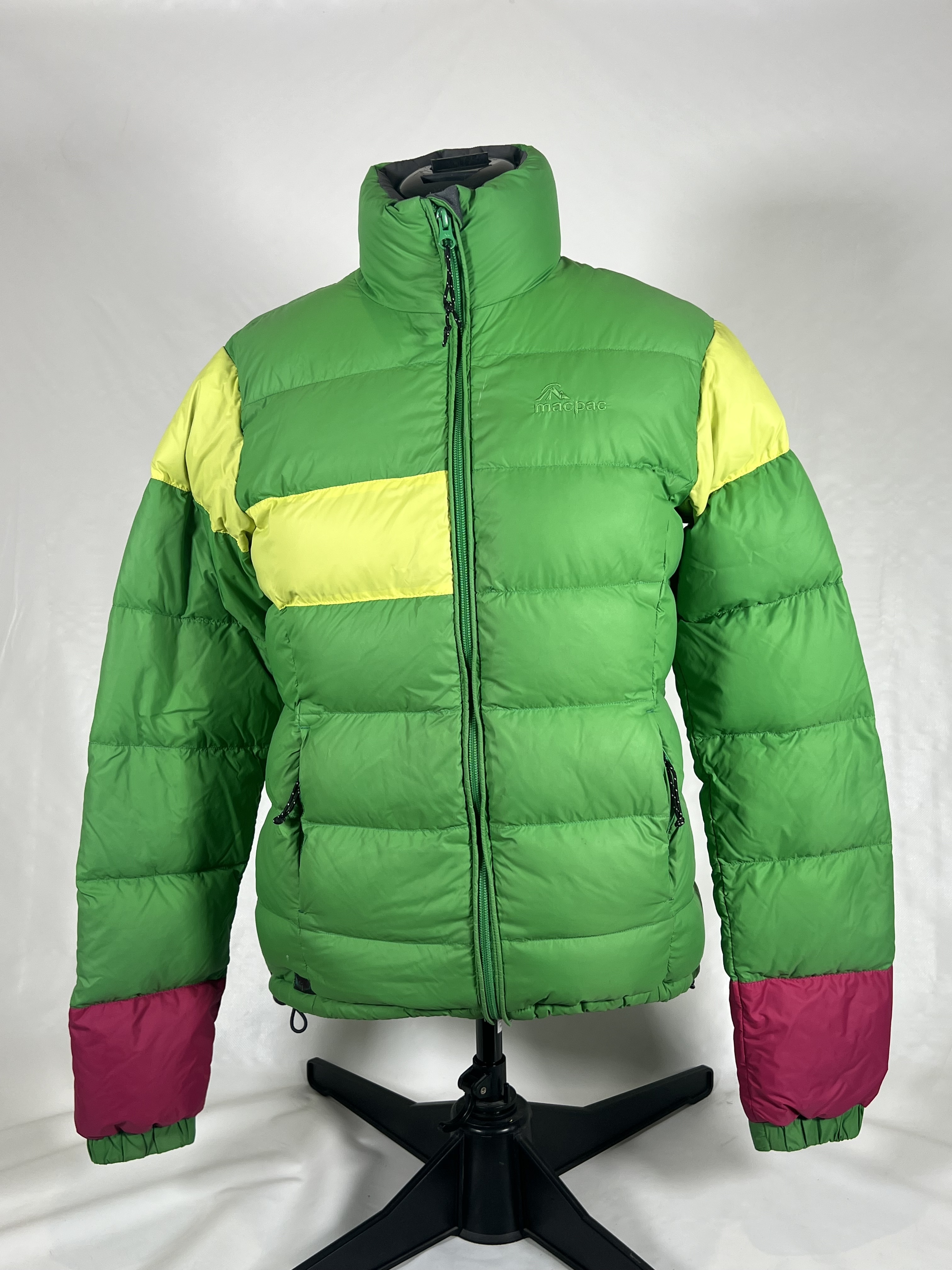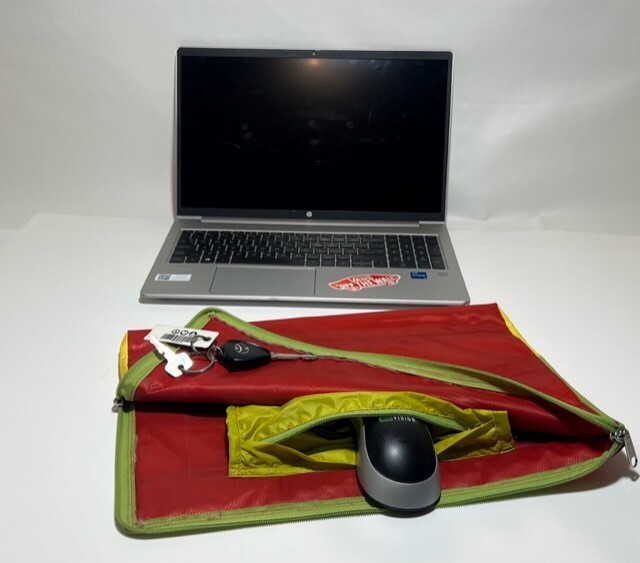Funded project – Remote Equipment Repairs
Expansion of the circular 'R4' renewal solutions through specialist machinery acquisition, enabling the transformation of textile waste into new products and enhanced repair capabilities.
Background
As the negative impact of fast fashion becomes increasingly apparent, the need to reduce textile waste whilst encouraging brands to take proactive responsibility for their products has become paramount. Remote Equipment Repairs, established in 1993, has consistently championed waste reduction through their mantra of repairing, repurposing, and reusing.
The project focused on two main elements: manufacturing “new” products from discarded materials and expanding repair capabilities for partner brands. With over 40 global brands seeking to meet sustainability goals and growing consumer demand, Remote Repairs secured grant funding to purchase specialist machinery to enhance their R4 Renewal solutions (Repurpose, Repair, Recycle and Restore). The specialist machinery was a seam sealer, a coverstitch machine, a walking foot machine and an industrial washing machine.
This initiative directly benefited the Victorian community by creating local employment opportunities, reducing landfill waste, and establishing a model for sustainable business practices in the textile industry.
Stages
| 02/10/2023 | Design phase of product range utilising discarded textile waste. Purchase and installation of specialist machinery. |
| 10/01/2024 | Commencement of production runs and marketing campaign. Outreach to potential brand partners for repair collaborations. |
| 03/06/2024 | Establishment of brand partnerships for retired product acquisition and R4 product sales initiatives. |
Outcomes - what worked?
The project saw the manufacturing of over 200 products from discarded materials, including bumbags, market bags, laptop bags, and down bucket hats. All items were produced using 100% discarded fabric and trims that would otherwise have ended up in landfill.
The initiative created five full-time equivalent positions and increased repair volumes by 18-22%, processing approximately 27,000 items annually. This significant expansion was facilitated by the CEBIC funding and new machinery acquisition.
A major achievement was the diversion of 10.5 tonnes of textile waste from landfill, exceeding projected targets through strategic partnerships with international brands. The establishment of a nationwide repair service contract with a major activewear brand, covering 150 stores, demonstrated the project's scalability and impact.
Challenges
Consumer Spending
The primary challenge was competing with cheaper imported products during a period of increased cost of living pressures, which affected consumer willingness to invest in locally manufactured sustainable products.
Marketing
Initial difficulties in market penetration and brand awareness were encountered. While partnership with a larger brand eventually increased exposure, earlier implementation of marketing strategies could have improved initial market entry.
What's next?
Despite initial challenges in product launch, Remote Repairs remains committed to R4 manufacturing with a revised approach focusing on organic growth. The team is conducting comprehensive analysis of project outcomes and gathering stakeholder feedback to refine future strategies.
Plans include strengthening existing partnerships, exploring new collaborative opportunities, and continuing to innovate in sustainable textile solutions. The focus will remain on expanding repair services while gradually developing the manufactured product line based on market learnings.
From the grantee
"There is a growing consumer preference for sustainable products and practices. Prioritizing sustainability can enhance brand reputation, attract eco-conscious customers, and foster loyalty. CEBIC funding has allowed us to further make use of discarded textiles to enable them to re-enter the economy and remain out of landfill."



